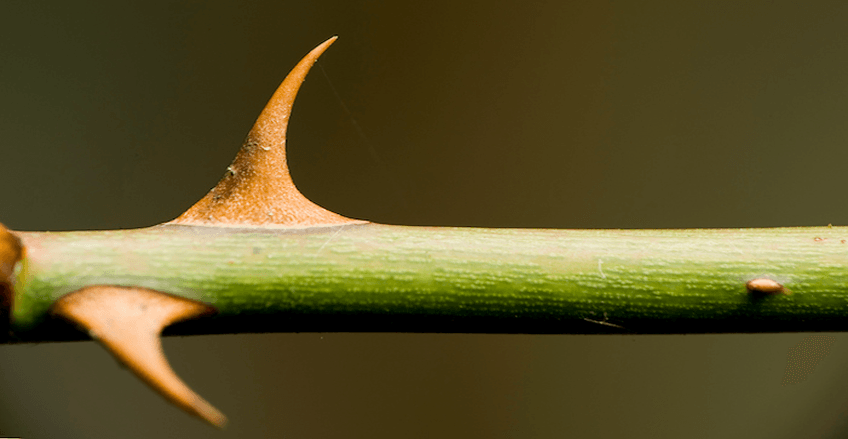I learned about this many years ago and the difference after I started using only SLS-free toothpaste was night and day. I used to get canker sores any time I would bite the inside of my cheek, hit my gums with the hard parts of my toothbrush, etc., and this completely stopped a while after I switched to SLS-free.
SLS is Sodium Lauryl Sulfate, by the way, and it’s a detergent. From what I understand, the only reason why it’s added to toothpaste is to make more foam when you brush. But the SLS-free toothpaste I use makes plenty of foam, so I have no idea why they add it. It’s one of those things about the modern world that makes absolutely no sense. The ads and packaging should say in big letters: “now with even more canker sores!”
Unfortunately, the vast majority of toothpastes on the market (at least in the US) have SLS. I can only seem to find SLS-free toothpaste in natural food/supplement stores. It’s extra difficult to find toothpastes that are SLS-free but that keep fluoride too. The difficulty (and price? I haven’t compared) is completely worth it to me though.
TL;DR: The SLS (Sodium Lauryl Sulfate) in most toothpastes is unnecessary and causes canker sores (painful sores in your mouth and gums). If you have this problem, you will likely benefit from SLS-free toothpaste (some still include fluoride) that you can usually find at natural food stores.



I get the point of your gun analogy, but I don’t think it’s an apt one. It’s not like only people sensitive to gunshot wounds die from gunshot wounds. If you shoot a person with a gun the damage is pretty certain. If cankers were as certain to be caused by SLS then everyone using SLS-containing toothpaste would have cankers. We don’t. The bottom line is that the article linked to by OP is making misleading claims.
But I despite me not agreeing that the gunshot wound analogy is apt here, I get what you mean, so maybe the title of the lemmy post would be better phrased as something like “YSK that SLS […] can be the cause of cankers in sensitive people”. Which is also kinda the point I was trying to make in the last paragraph of my original reply.
Edit: formatting
Edit: I’m coming back to this after a while and after a very long weekend, so I missed the second half of your post. Just ignore the explainy bits where it sounds like I think you don’t agree with me, sorry! I want to leave those in though, in case they help anyone else who happens across the post.
I’m speaking on the mechanics is the problem: it’s more akin to an otherwise nonfatal shot causing someone to bleed out because they have haemophilia. Sometimes, people without haemophilia will die of a gunshot that should not have been fatal, due to infection or similar.
Aphthous ulcers are caused by damage to the mucous membranes in the mouth which then gets infected. While the article could be more clear that people without the sensitivity are at much lower risk, the mechanics of it would suggest it can affect anyone. As someone with the sensitivity and having tested it by occasionally using SLS toothpaste (not always voluntarily), I can tell you that if I use toothpaste containing SLS, it’s a guarantee I will develop mouth ulcers within a day. I get them sometimes even without because there are a heap of causes, but sticking to non-SLS toothpaste is the surest way to avoid them.
Without the sensitivity, it might just be “the straw that breaks the donkey’s back”. Maybe you’re dehydrated already, and stressed or malnourished, and because the SLS dried out the mucous membranes in your mouth just enough so some damage turns into an ulcer. That damage can be caused by biting your lip, a fragment of potato chip stabbing your gum, etc etc.
The fact is that it’s plenty possible to make effective toothpaste without SLS, so there doesn’t seem to be a good reason to keep using it in toothpastes when it’s demonstrably a problem. Soaps are a different question; I haven’t found SLS-free soap to alleviate any skin or hair problems for me, nor seen any research on the subject, so it may well be fine. “Not for internal use” kind of warning label.
Side note: at one point I had thirteen or fourteen ulcers at least half a centimetre in diameter each. They got so big they started to merge. I couldn’t eat or drink anything, the pain made me nauseous, and that lasted three days. Five was a pretty common number for me, but since cutting out SLS I only occasionally get one or two. It sucks so bad when it’s bad, I just hope these posts help someone who’s suffering figure it out for themselves.